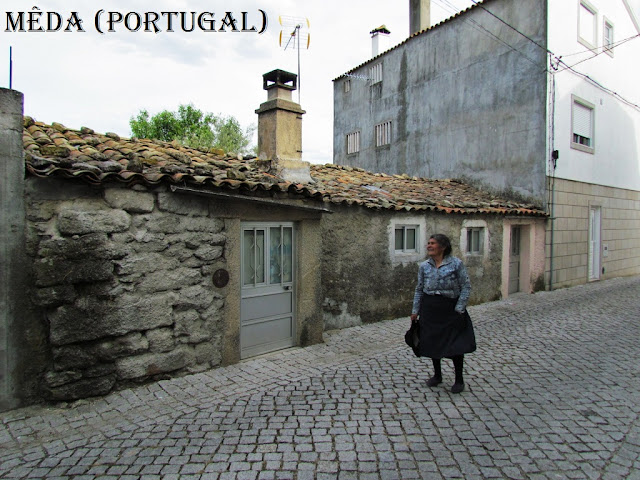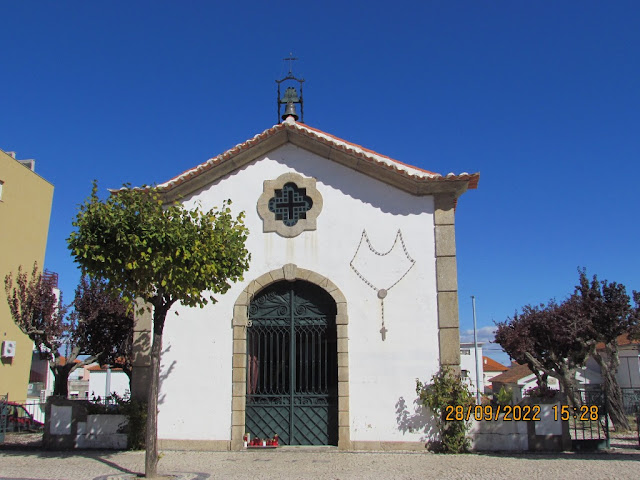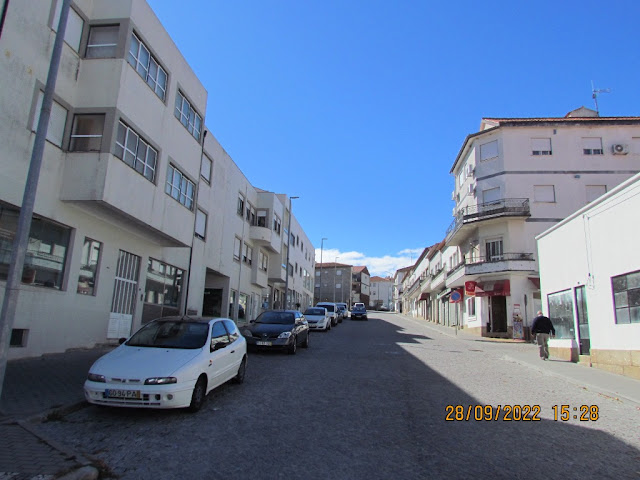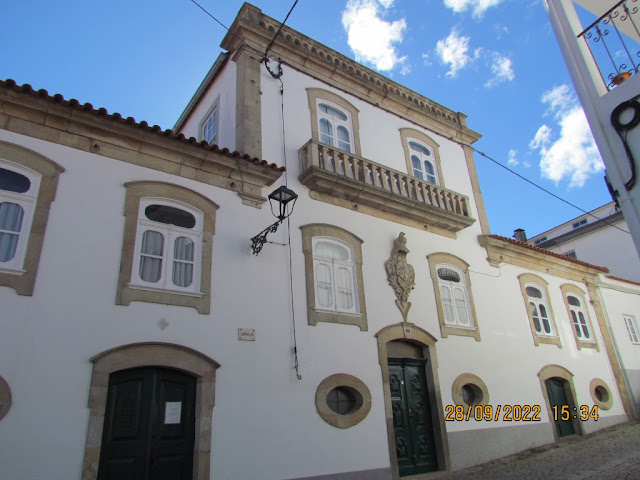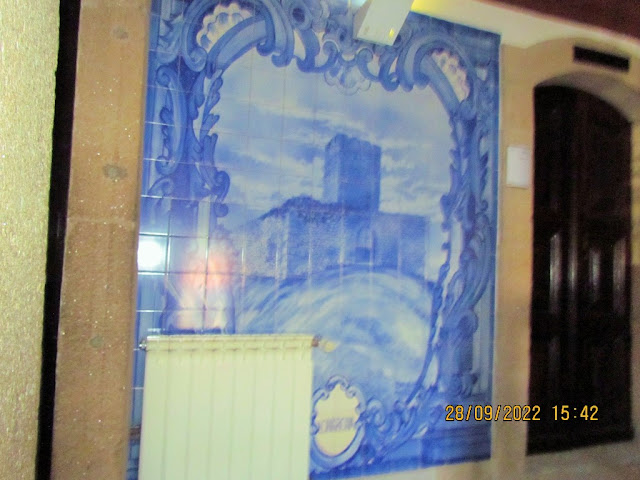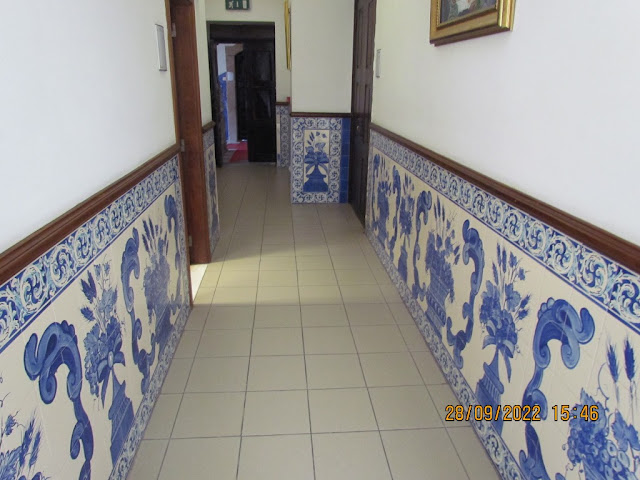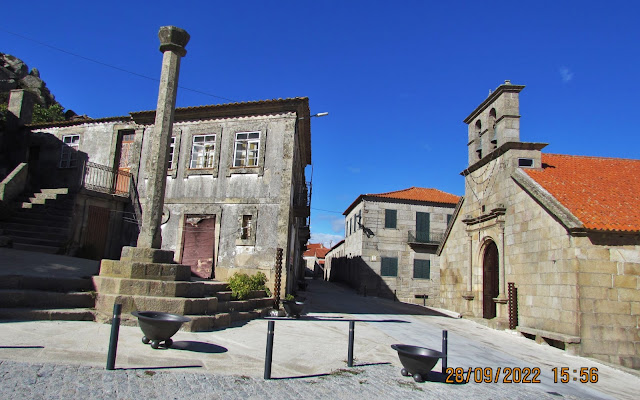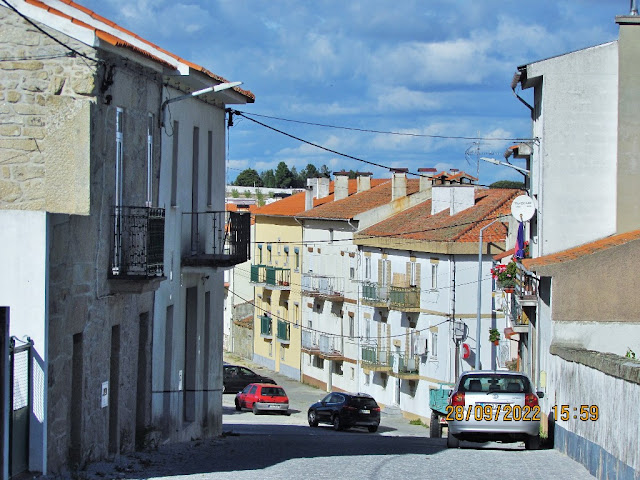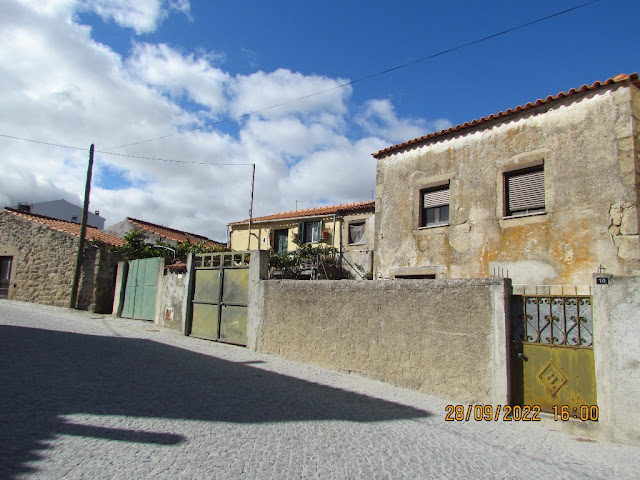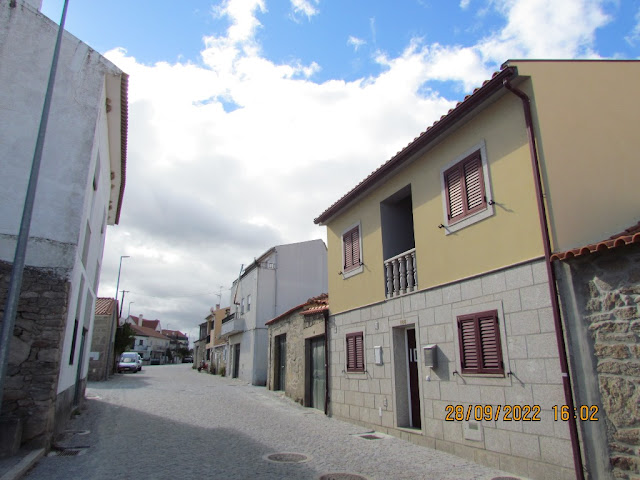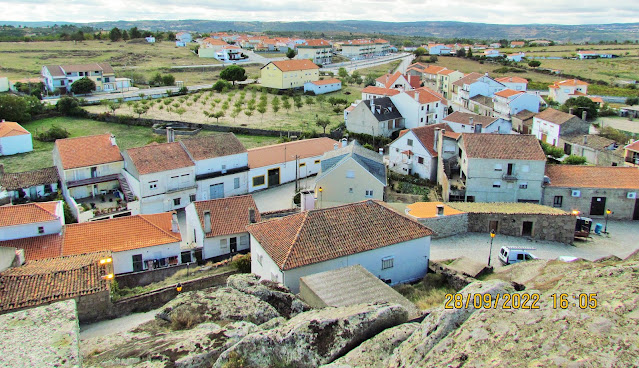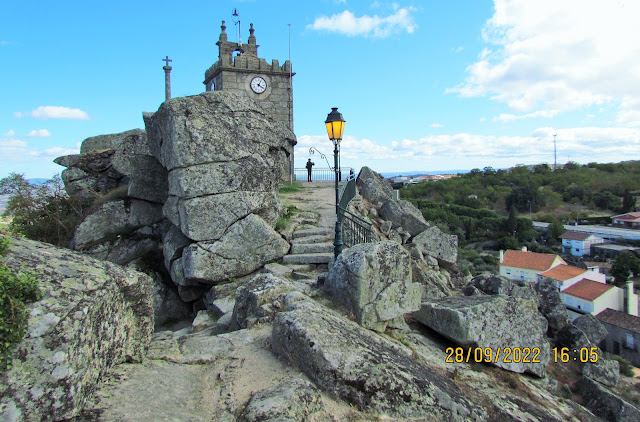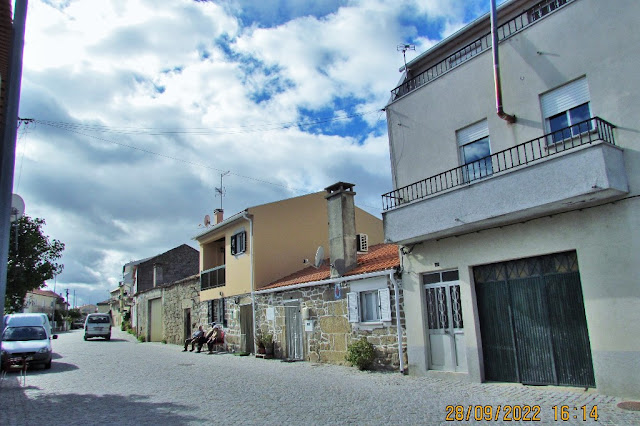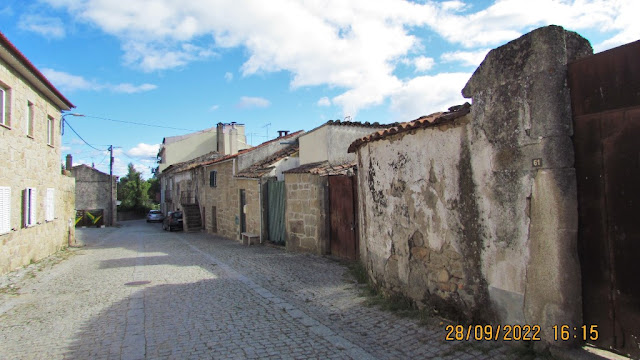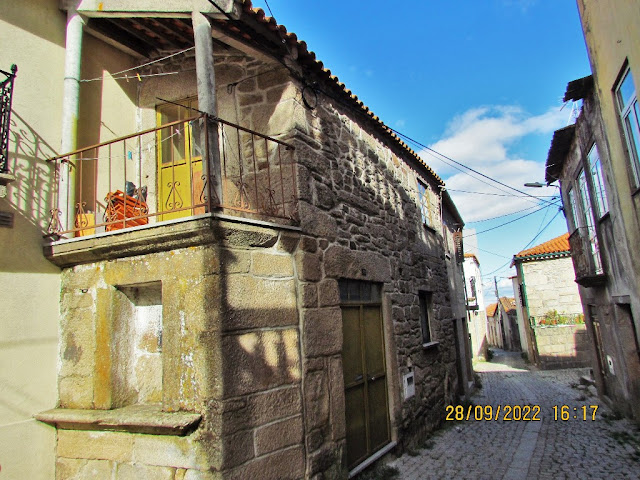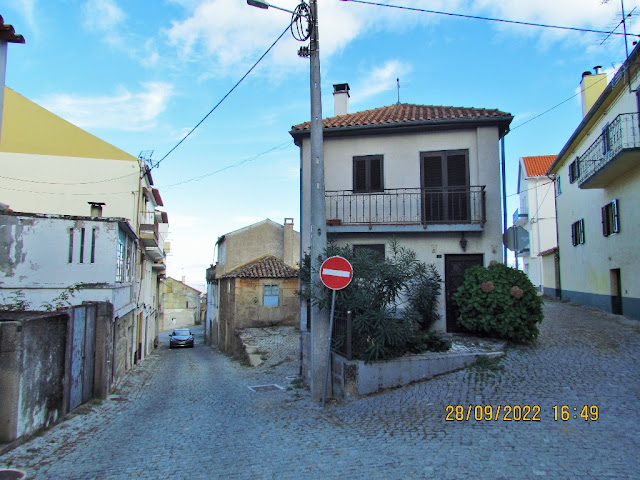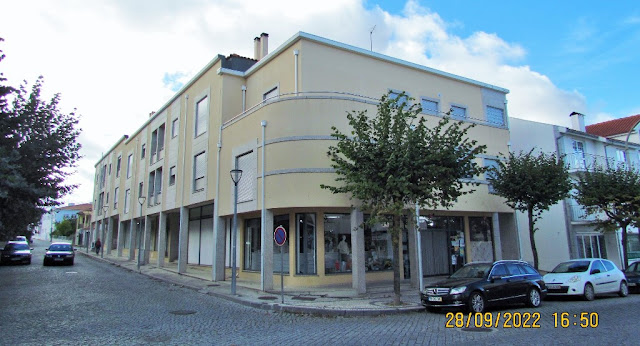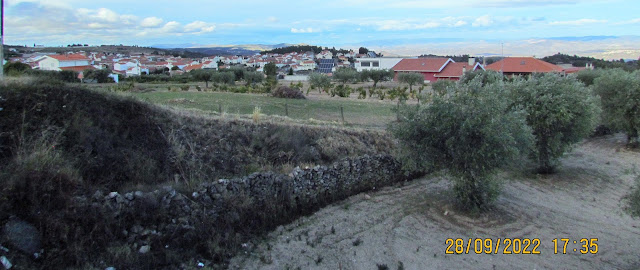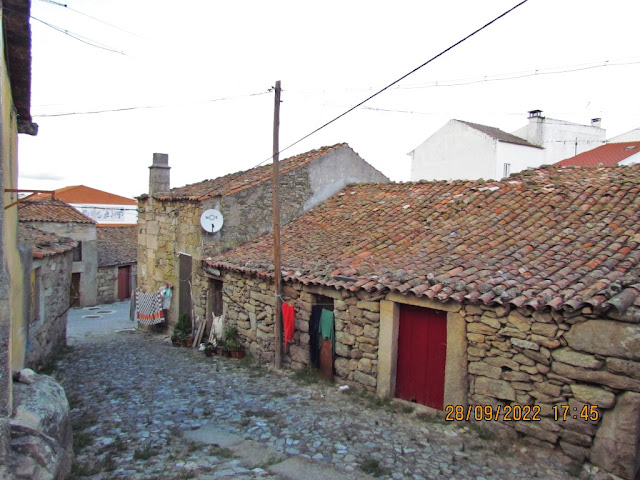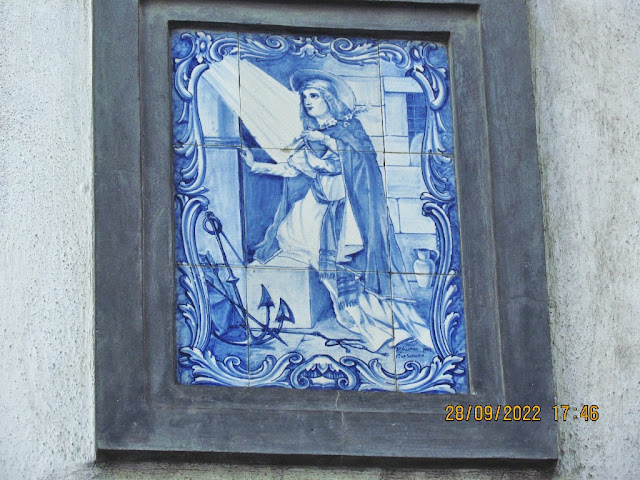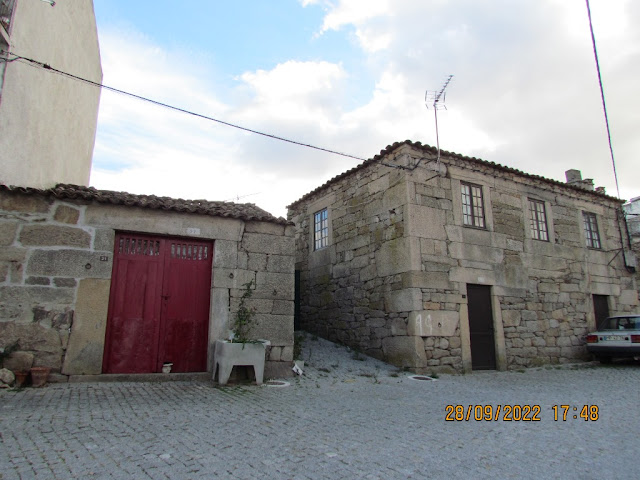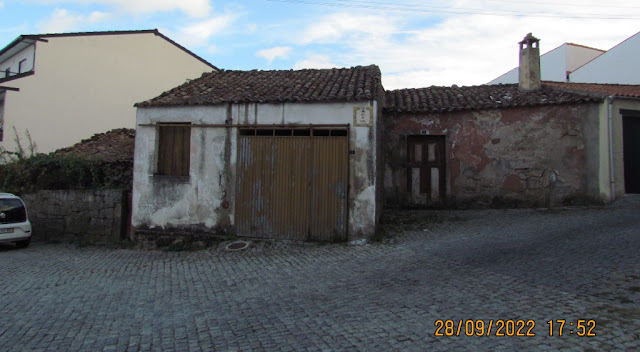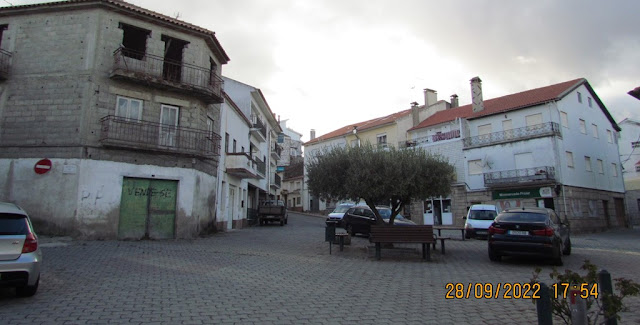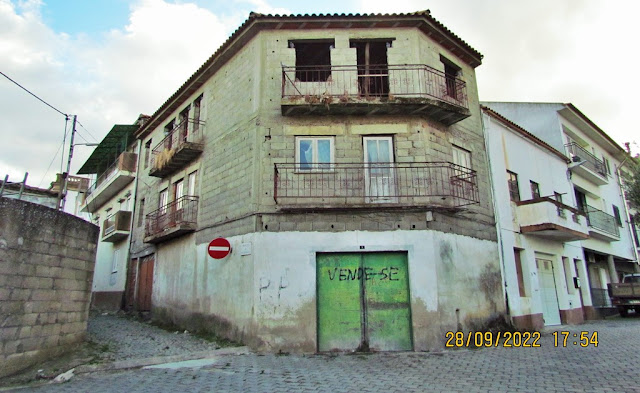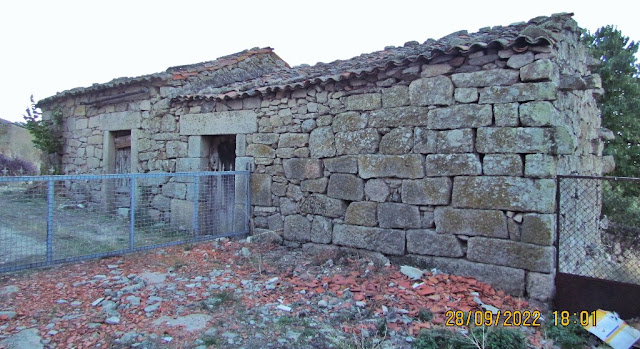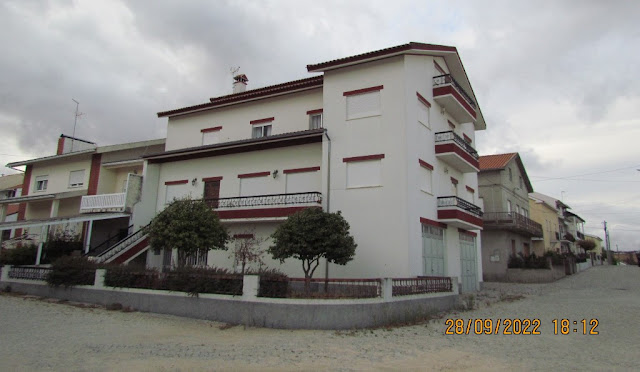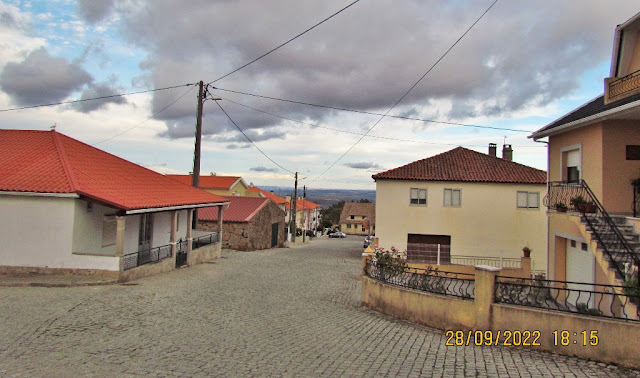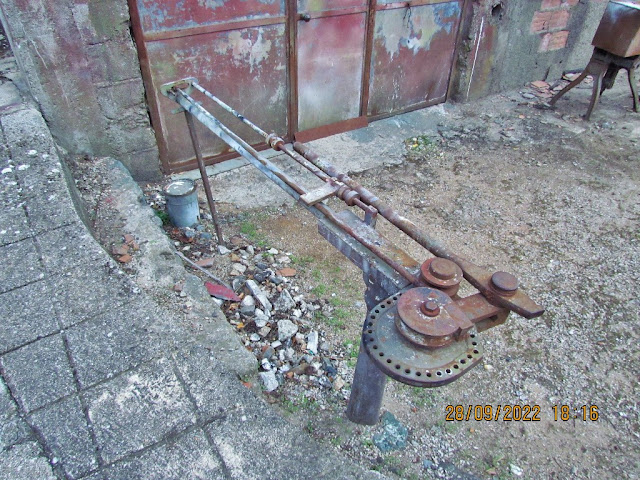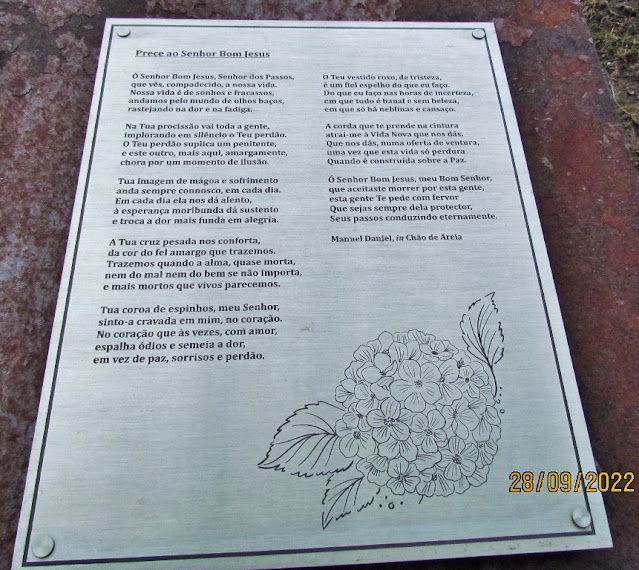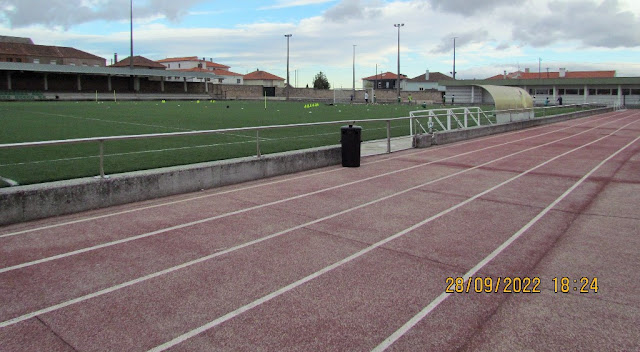MÊDA
N 40º 58' 11''; W 7º 15' 33''
It is the seat of a municipality with 286.05 km² in area and 5,202 inhabitants (2011), subdivided into 11 parishes. The municipality is limited to the north and northeast by Vila Nova de Foz Côa, to the southeast by Pinhel, to the south by Trancoso, and to the west by Penedono.
The municipality of Meda is about 55 km from Guarda, 80 km from Viseu, 170 km from Porto, and 360 km from Lisbon.
In Mêda, the climate is warm and temperate. The winter is severe with the presence of rainfall and snowfall, due to the proximity to the Serra da Estrela. The summer is hot and dry and with little rainfall.
Tourism and wine production, along with the civil construction, catering, and commerce industries, are the main resources of economic development in this city.
The most important agricultural activity is viniculture, which translates into the number of wine producers and bottlers and the development of their commercial activity, both from individuals and from Adega Cooperativa de Mêda. The parishes of Longroiva, Fontelonga, Poço do Canto and Mêda, have part of their land included in the Douro Demarcated Region.
In addition to wine, which is produced in Adega Cooperativa and in private producers, Mêda has almond production, an important wealth, alongside chestnut plantation, in the cold area of the municipality, precisely in the granite area. The municipality also has a reasonable olive grove area, which supports several oil presses.
Several industries are located in the industrial zone, namely: marble and granite, carpentry, wood processing, mechanics, and electricity.
Tourism, more specifically in rural areas, is quite consolidated, mainly because Marialva is one of the twelve Historic Villages of Portugal. In this way, the historic centers of Mêda, Longroiva, Ranhados, Casteição, Marialva, and the archaeological site of Vale de Mouros, in Coriscada, are a heritage asset of the municipality whose economic aspect is expected to be promising.
The municipality of Mêda is served indirectly by two important railways:
Douro Line, through Freixo de Numão and Pocinho stations and S. Bento station (Porto)
Beira Alta international line, through Celorico da Beira and Vila Franca das Naves stations
In terms of the trucking network, there is direct transport to Lisbon and routes between the county seat and Viseu, Lamego, and Porto.
THE HISTORICAL CENTER AND SURROUNDING AREA ARE ALMOST COMPLETELY DEPOPULATED. THERE ARE MANY HOUSES, VERY INTERESTING AND OLD, IN RUINS AND FOR SALE. DUE TO THE GEOGRAPHICAL POSITION OF THE CITY OF MÊDA, VERY CLOSE TO SPAIN AND WITH GOOD ROAD ACCESS, IT IS CONSIDERED TO BE A GOOD PLACE FOR INVESTMENT IN RURAL HOUSING TOURISM.
💓💓💓💓💓
SEARCH IN ALPHABETICAL ORDER
IN THE DISTRICT OF GUARDA

Aguiar da Beira;
Almeida;
Almendra;
Castelo Bom;
Castelo Melhor;
Castelo Rodrigo;
Celorico da Beira;
Figueira de Castelo Rodrigo;
Fornos de Algodres;
Freixo de Numão;
Golfar + A-do-Cavalo;
Almeida;
Almendra;
Castelo Bom;
Castelo Melhor;
Castelo Rodrigo;
Celorico da Beira;
Figueira de Castelo Rodrigo;
Fornos de Algodres;
Freixo de Numão;
Golfar + A-do-Cavalo;
Moreira de Rei (Trancoso);
Numão;
Pinhel;
Ranhados;
Sabugal;
Seia;
Serra da Estrela Nature Park;
Sortelha;
Trancoso;
Valhelhas;
Vila Nova de Foz Côa;
Vilar Formoso;
Numão;
Pinhel;
Ranhados;
Sabugal;
Seia;
Serra da Estrela Nature Park;
Sortelha;
Trancoso;
Valhelhas;
Vila Nova de Foz Côa;
Vilar Formoso;
💓💓💓💓💓
Return to mainland Portugal &
the Azores and Madeira islands





















